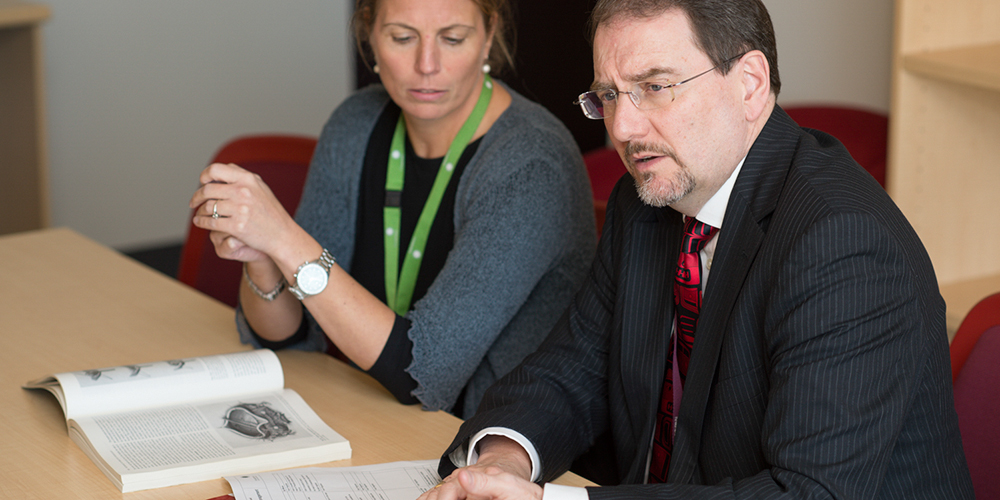
Improving the care of women with potentially life-threatening abnormal placenta attachment.
We are strengthening tertiary services and providing research-led care for women and newborns with complex needs.
'Placental abruption' is the term used to describe what happens when a pregnant woman's placenta begins to detach from her uterine wall before her baby has been born. There are varying degrees of placental abruption: the placenta can detach in small areas, or it can completely detach from her uterus.
For clinicians, the management of Placental Adhesive Disorders is challenging. There is a high risk of the mother dying or suffering severe haemorrhaging or having to undergo technically difficult surgery while she is pregnant.
We see approximately 10-15 Placental Adhesive Disorder cases every year at the Women’s. We decided that a working group should be established across the Women's and the Royal Melbourne Hospital to work out the best process for managing the condition at both sites.
The guideline and surgical checklist were developed by the group and in consultation with a patient. They are now posted on the staff intranet and are being actively used. We are also continuing to critically assess each case to further improve and fine-tune this work.
With more widespread awareness of the problem and an expertly developed resource now available, the next stage will be an assessment of outcomes before and after the guideline was developed. More research into Placental Adhesive Disorder is vital and will be ongoing.